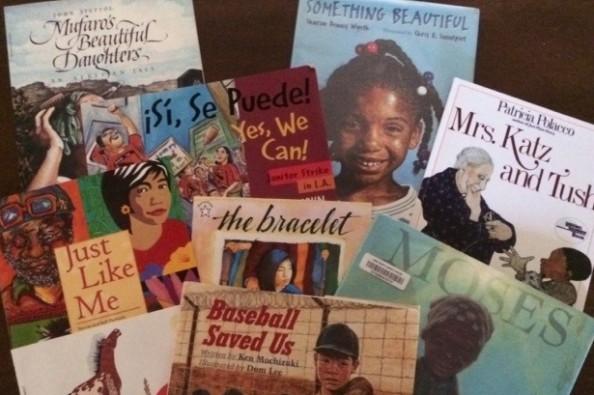Big News!
This year we will maintain a literacy blog for our CES teachers! This will be a place to share information with you, celebrate our school success stories, and contribute ideas. So let’s get started with our favorite topic…
Assessments!
mClass Updates
Our mClass assessment window opened on September 2nd and is scheduled to close on September 19th. Our K-3 teachers have been doing a great job beginning assessments with our students. If you have questions, are missing anyone from your roster, are having trouble accessing your DL partner’s class, or just need a big mClass hug - let us know!
Performance Series
This year 4th and 5th grade teachers will no longer be using the F&P benchmark assessments. We will administer the Performance Series assessment for reading (4th and 5th) and math (3rd - 5th). This is a computer adaptive test meaning that it is designed to adjust the level of difficulty - based on the responses provided to match the knowledge and ability of a test taker. If a student gives a wrong answer, the computer follows up with an easier question; if a student answers correctly, the next question will more difficult. There will be Performance Series training on Wednesday, September 10th from 3-4pm for grades 3-5 in Shelby’s classroom - Room 308. Thanks for hosting, Shelby!
School Reading Partners is Gearing Up
The School Reading Partners program supports reading instruction in our early elementary (K-2) and pre-kindergarten classrooms. This program provides additional opportunities to explore books and language. The SRP volunteers read selected books with students and reinforce early literacy skills. Their volunteers work with students at least once a week during school hours. If you have students you would like to see served by School Reading Partners, please send an email to Emily Moorman.
English Language Arts Units
The literacy coaches across the district have been working on reading and writing units for K-5. Each unit includes possible assessments, essential questions, key vocabulary, and a series of minilessons. The early units for each grade are ready for use; some of the later units are still under construction, but will be ready when you are! A Year Long overview is created for each grade level that has links to the units and resources. Please find the links for each grade level overview below:
We will discuss these units more in our literacy planning meetings.
Literacy Block Flow Charts
If you are still working on tweaking how your block is working or trying to figure out how much time you should be spending on word study check out the flow chart for your grade level.
If you feel like you need some help thinking through your block structure - let us know!
A Few More Things...
Check out the links to the right for a variety of helpful tools, videos, and resources you may need throughout the year. You will find everything from conferences forms to inspiration!
Best,
Janet & Emily


.jpg)
.jpg)
